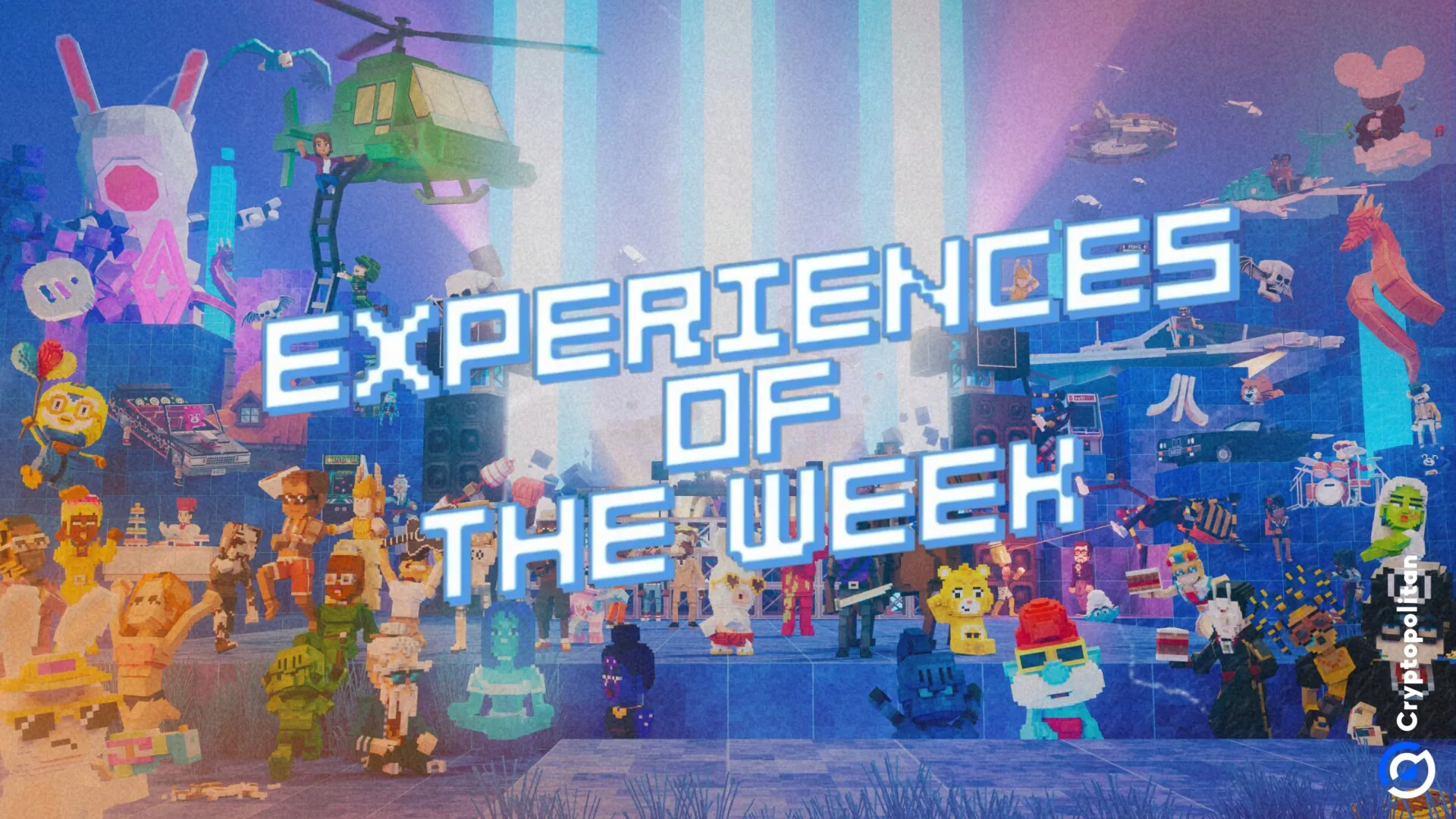In 2023, the esports industry has witnessed a series of transformations as the initial flood of investment dollars from 2021 and 2022 has tapered off. This shift has prompted brands to reevaluate their spending in the esports sector, resulting in a contraction of the industry. Esports organizations like Misfits and CLG have divested from competitive gaming, and some have even closed their doors. Meanwhile, others, such as Version 1, are actively seeking mergers with fellow esports companies to weather the challenging landscape.
TSM sells LCS slot to Shopify
A recent development in this esports winter was the sale of TSM’s League of Legends Championship Series (LCS) franchise slot to Shopify, reportedly for approximately $10 million. While TSM and Shopify representatives declined to comment on the acquisition, Shopify’s esports program development lead, Dario “TLO” Wünsch, mentioned that this move was a strategic step towards growing their presence in esports, particularly in one of the largest esports titles, League of Legends.
This transaction, in which Shopify acquired the LCS slot for the same fee it was initially sold for in 2017, raises questions about the perceived value of LCS franchise spots. Despite the industry’s growth, reaching a value of $1.39 billion in 2022 compared to an estimated $1.1 billion in 2019, investors seem to believe that LCS franchise spots have either plateaued or decreased in value.
Shopify’s positive signal for riot games’ ecosystem
However, Shopify’s acquisition of TSM’s LCS slot does not signal doom for the esports industry. Instead, it highlights Riot Games’ commitment to long-term sustainability in esports. Shopify Rebellion’s prior involvement in competitive Valorant and its foray into League of Legends demonstrate their confidence in Riot’s approach to esports, acknowledging the challenges that the industry currently faces.
Naz Aletaha, Riot Games global head of League of Legends esports, acknowledges the existence of an “esports winter” but sees it as a necessary market correction for the industry’s long-term health. Aletaha emphasizes that despite the challenges, esports continues to attract millions of viewers, making it a viable product.
Playing the long game in esports
Amid the esports winter, companies that are best prepared to endure the cold are those that have structured their finances for long-term profitability rather than chasing rapid returns. This applies not only to leagues like Riot’s but also to individual esports teams.
John Needham, Riot Games president of esports, expresses confidence in the growth of esports from a fandom perspective. While he anticipates several years of struggle, he emphasizes that the valuable esports audience remains steadfast. Companies like Team Vitality have managed to navigate this challenging landscape thanks to multi-year partnerships with brands like Kia and Aldi.
Nicolas Maurer, CEO of Team Vitality, explains that the organization’s pre-existing partnerships sustained them during the difficult early months of 2023. As the year progresses, brands are gradually reentering esports, indicating a shift in sentiment.
Brands seek long-term partnerships
Brands that have persevered in esports recognize the importance of long-term partnerships with esports organizations. Winning championships or having a large social following is no longer sufficient. Brands want assurance that they can sponsor esports leagues and teams without concerns about their long-term viability.
Alienware, for example, intends to maintain its relationship with Team Liquid, emphasizing the importance of supporting organizations that can withstand difficult periods in the industry.
Esports companies project confidence
While some brands signal their willingness to support companies in esports for the long run, other esports organizations are actively demonstrating their commitment to competitive gaming.
Alex Gonzalez, head of Luminosity Gaming, highlights that major publishers have not pulled back on their investments in esports, indicating a continued commitment to the industry.
As 2023 draws to a close, esports companies are cautiously optimistic about the future. Their long-term strategies and resilience through the esports winter position them well for the anticipated growth and profitability of esports, both as individual gaming products and as an industry.
The esports industry has encountered a period of change and adjustment in 2023, with some organizations divesting while others seek to solidify their positions. Shopify’s acquisition of TSM’s LCS slot underscores the confidence in Riot Games’ approach to esports sustainability. Companies that have structured themselves for the long term are weathering the esports winter, and brands are recognizing the value of stable, enduring partnerships in this evolving landscape. As the year progresses, esports companies project confidence in the future, anticipating growth and profitability in the esports industry.




